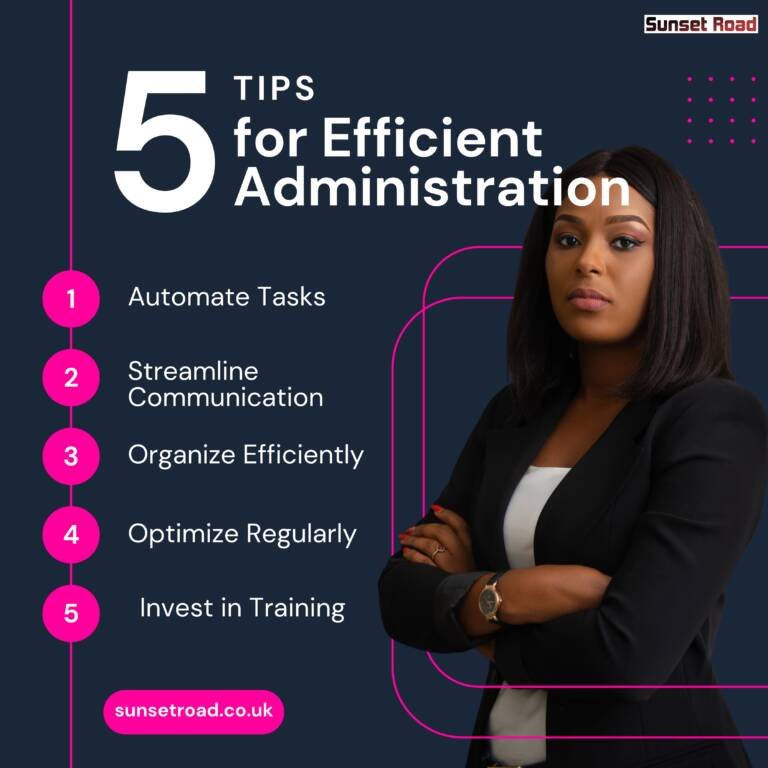Starting and managing a small business involves many facets, and one of the most crucial is navigating the legal landscape. Adhering to legal requirements not only ensures compliance but also protects your business from potential legal issues. This comprehensive guide provides essential legal tips for small business owners to help them establish a solid legal foundation, avoid common pitfalls, and safeguard their ventures.
1. Choose the Right Business Structure
Selecting the correct business structure is a foundational decision that impacts your legal and tax obligations. The choice between a sole proprietorship, partnership, LLC, or corporation affects liability, taxation, and administrative requirements:
- Sole Proprietorship: Ideal for solo entrepreneurs looking for simplicity. However, it offers no personal liability protection, meaning your assets are at risk in case of business debts or lawsuits.
- Partnership: Suitable for businesses owned by two or more individuals. It allows for shared responsibilities but also means partners are personally liable for the business’s debts and obligations.
- Limited Liability Company (LLC): Combines the benefits of a corporation and partnership. It offers liability protection while allowing flexible management and pass-through taxation.
- Corporation: Provides the highest level of liability protection and is suitable for businesses seeking to raise capital through stock. Corporations are subject to more regulations and higher administrative costs.
Tip: Consult with a business attorney or accountant to select the structure that aligns with your business goals and personal risk tolerance.
2. Register Your Business and Obtain Licenses
Proper registration and licensing are crucial for operating legally and avoiding fines. Here’s what you need to do:
- Business Name Registration: Register your business name with the state to protect it and ensure it’s not already in use. Consider trademark registration for added protection.
- Employer Identification Number (EIN): Apply for an EIN from the IRS if you have employees or operate as a partnership or corporation. It’s necessary for tax reporting and opening a business bank account.
- Licenses and Permits: Depending on your industry and location, you may need various licenses or permits, such as health permits, building permits, or professional licenses.
Tip: Check with local, state, and federal agencies to ensure you have all necessary licenses and permits for your business operations.
3. Draft and Implement Key Contracts
Contracts play a crucial role in defining the terms of your business relationships and protecting your interests. Here are some essential contracts to consider:
- Client Agreements: Specify the scope of work, deliverables, payment terms, and other expectations. This helps prevent disputes and misunderstandings.
- Vendor Contracts: Outline terms for purchasing goods or services, including delivery schedules, payment terms, and quality standards.
- Employment Agreements: Detail job responsibilities, compensation, benefits, and termination conditions. This helps establish clear expectations and protect your business from employment-related claims.
Tip: Have a legal professional draft or review your contracts to ensure they are comprehensive, clear, and legally enforceable.
4. Protect Intellectual Property
Safeguarding your intellectual property (IP) is vital for maintaining your competitive edge and brand value. Consider the following IP protections:
- Trademarks: Register your business name, logo, and any unique product names or slogans to prevent others from using similar marks that could confuse customers.
- Copyrights: Protect original works such as articles, artwork, music, and software. Copyright grants you exclusive rights to reproduce, distribute, and display your work.
- Patents: If you have invented a new product or process, apply for a patent to protect your invention from being used without permission.
Tip: Work with an IP attorney to ensure you’re taking the necessary steps to protect your intellectual property and to handle any potential infringements.
5. Understand Employment Laws
Compliance with employment laws is critical for creating a fair work environment and avoiding legal issues. Key areas include:
- Wages and Hours: Adhere to minimum wage laws, overtime pay requirements, and accurate record-keeping. Ensure compliance with both federal and state regulations.
- Anti-Discrimination Laws: Follow laws that prohibit discrimination based on race, gender, age, disability, and other protected characteristics. Implement policies and training to promote diversity and inclusion.
- Health and Safety: Ensure your workplace complies with Occupational Safety and Health Administration (OSHA) standards to provide a safe working environment.
Tip: Regularly review and update your employment policies and practices to stay compliant with evolving regulations.
6. Implement Effective Privacy Policies
Protecting customer data is not only a legal requirement but also essential for maintaining trust and credibility. Implement robust privacy policies and practices:
- Privacy Policy: Clearly explain how you collect, use, and protect customer data. Ensure compliance with data protection laws such as the General Data Protection Regulation (GDPR) or California Consumer Privacy Act (CCPA) if applicable.
- Data Security: Use encryption, secure servers, and other measures to protect against data breaches and unauthorized access.
Tip: Regularly audit your privacy practices and update your policies to address new risks and regulatory changes.
7. Maintain Proper Business Records
Accurate and organized record-keeping is essential for legal and financial purposes. Keep thorough records of:
- Financial Transactions: Maintain detailed records of all income, expenses, and financial statements. This is crucial for tax reporting and financial analysis.
- Legal Documents: Store contracts, licenses, permits, and other important documents securely. This helps ensure you can easily access and reference them when needed.
Tip: Implement a systematic record-keeping process and consider using digital tools for better organization and accessibility.
8. Address Liability Risks
Managing liability risks helps protect your business assets and ensures long-term stability. Consider the following strategies:
- Liability Insurance: Obtain general liability insurance to cover claims related to property damage, bodily injury, or legal expenses. This helps protect your business from unexpected events.
- Professional Liability Insurance: If you provide professional services, consider errors and omissions insurance to cover claims of negligence or mistakes.
- Risk Management: Regularly assess potential risks to your business, such as operational hazards or legal disputes, and implement measures to mitigate them.
Tip: Consult with an insurance broker to evaluate your coverage needs and ensure you have adequate protection.
9. Stay Compliant with Tax Obligations
Understanding and fulfilling your tax obligations is crucial for avoiding penalties and ensuring smooth business operations. Key tax considerations include:
- Business Taxes: Be aware of your responsibilities for income tax, sales tax, payroll taxes, and other business-related taxes.
- Deductions and Credits: Familiarize yourself with available tax deductions and credits to optimize your tax liability and maximize savings.
- Filing Requirements: Ensure timely and accurate filing of tax returns to avoid penalties and interest.
Tip: Work with a tax professional to develop a tax strategy and stay compliant with all applicable tax laws.
10. Seek Legal Counsel Regularly
Having access to legal advice can be invaluable for addressing legal issues and making informed decisions. Consider the following:
- Contract Review: Regularly review contracts and agreements with a legal advisor to ensure they are legally sound and protect your interests.
- Legal Issues: Consult with an attorney for advice on handling disputes, compliance issues, or other legal challenges.
- Growth and Expansion: Discuss legal considerations for scaling your business, such as mergers, acquisitions, or entering new markets.
Tip: Establish a relationship with a trusted attorney who understands your industry and can provide tailored legal advice.
11. Implement Compliance Programs
Establishing compliance programs can help ensure that your business adheres to relevant laws and regulations. Key elements to include are:
- Training Programs: Educate employees on legal requirements, company policies, and ethical standards.
- Compliance Audits: Regularly conduct audits to assess adherence to laws and internal policies. Identify and address any compliance gaps.
- Reporting Mechanisms: Set up channels for employees to report legal or ethical concerns anonymously.
Tip: Develop and enforce a comprehensive compliance program to prevent legal issues and promote a culture of integrity.
12. Prepare for Legal Disputes
Being prepared for potential legal disputes can help you manage them more effectively. Consider these steps:
- Dispute Resolution: Include dispute resolution clauses in your contracts to outline procedures for handling conflicts, such as mediation or arbitration.
- Legal Representation: Have a legal team or advisor ready to handle disputes and represent your interests in court if necessary.
- Documentation: Keep thorough records of all business transactions and interactions to support your position in case of a dispute.
Tip: Address potential legal issues proactively and have a plan in place to manage disputes efficiently.
Conclusion
Navigating the legal aspects of running a small business can be complex, but addressing these essential legal tips can help you build a strong foundation and protect your business from potential pitfalls. By choosing the right business structure, registering your business, protecting intellectual property, understanding employment laws, and maintaining proper records, you can create a solid legal framework for your venture. Additionally, seeking professional legal counsel, implementing compliance programs, and preparing for potential disputes will further enhance your business’s stability and success.
Investing in legal strategies and staying informed about changes in laws and regulations are crucial steps in safeguarding your business and ensuring its long-term success.












